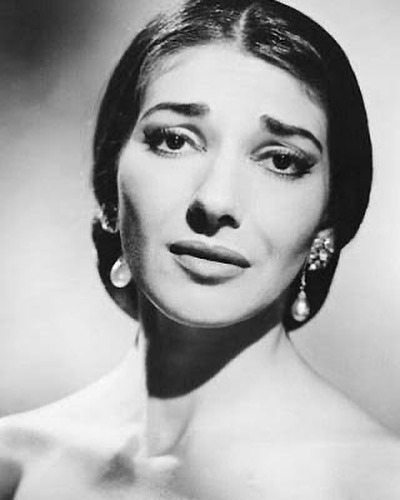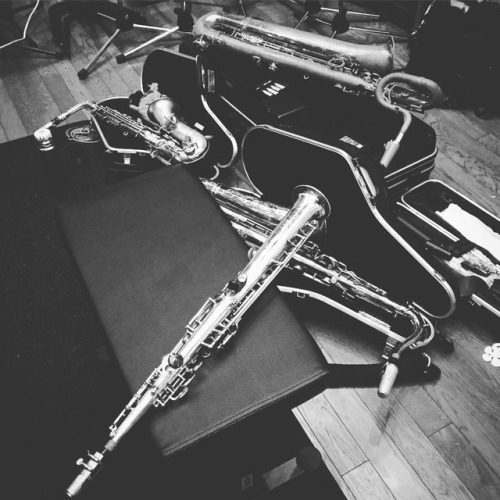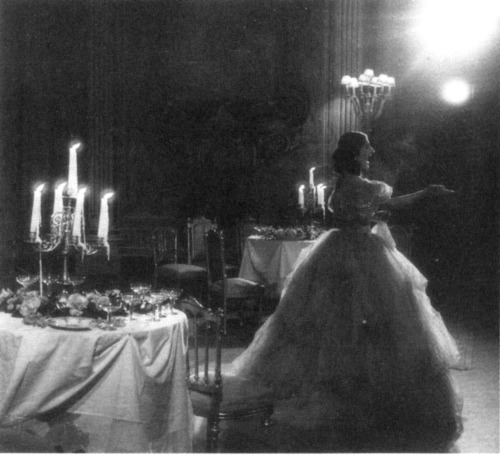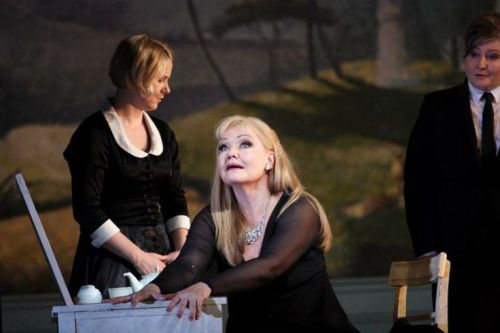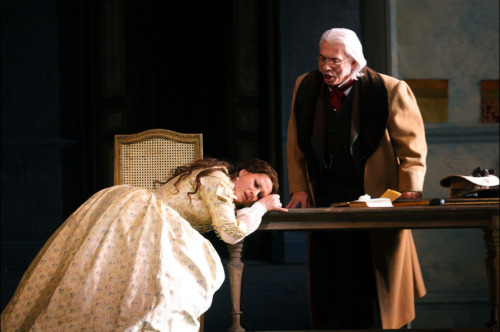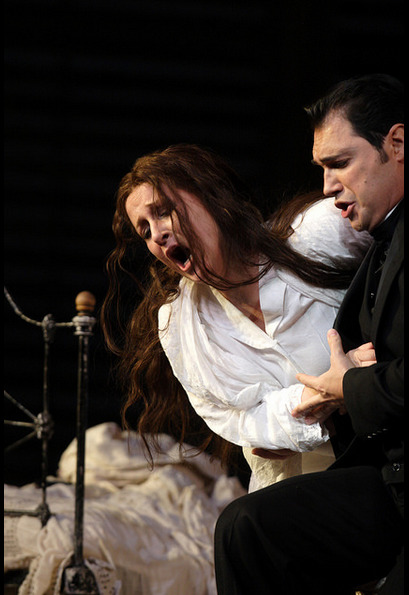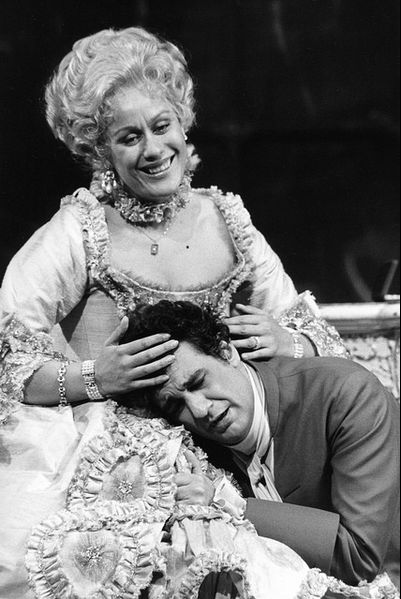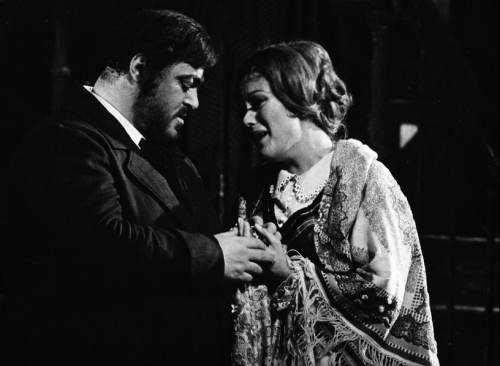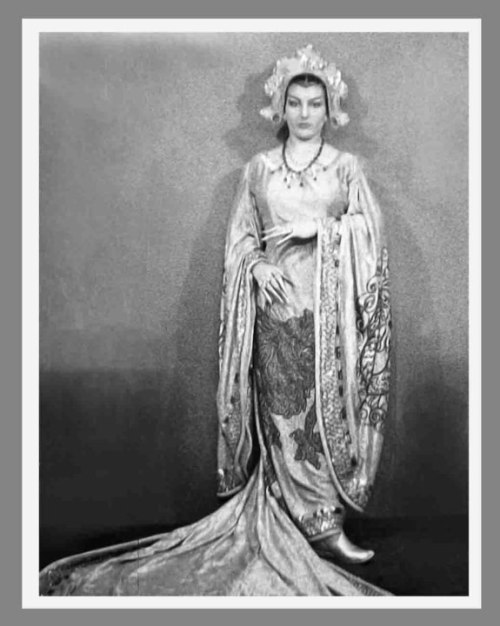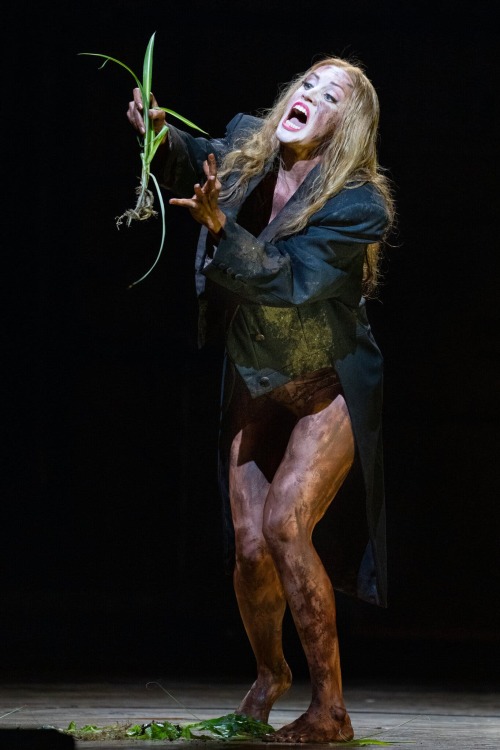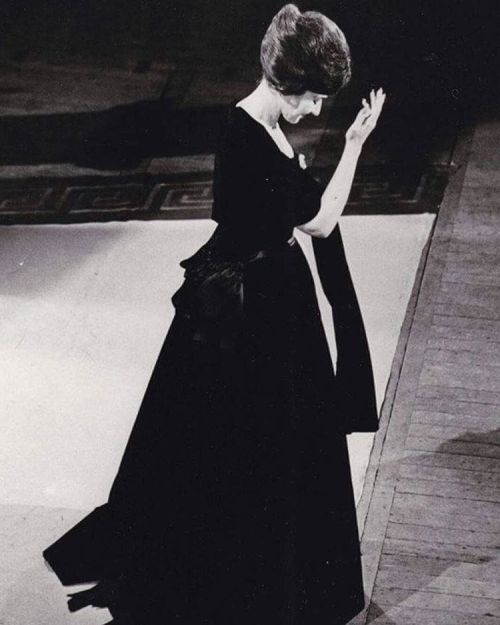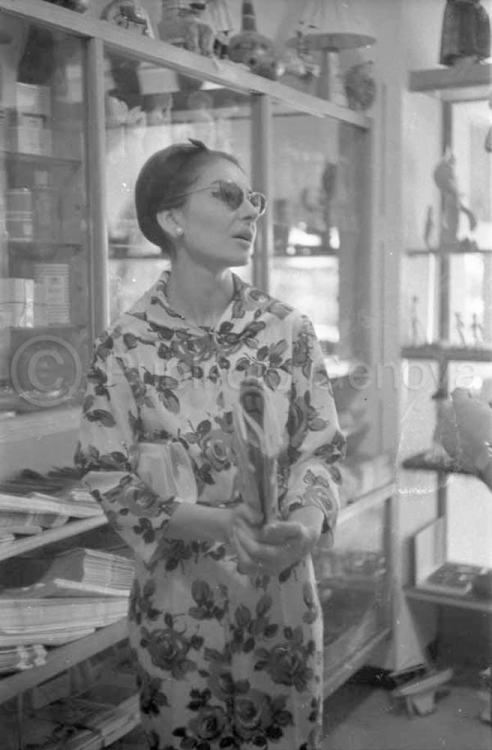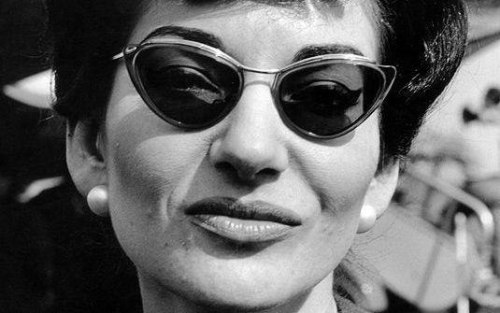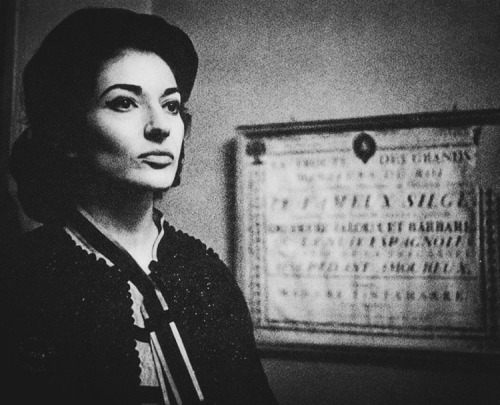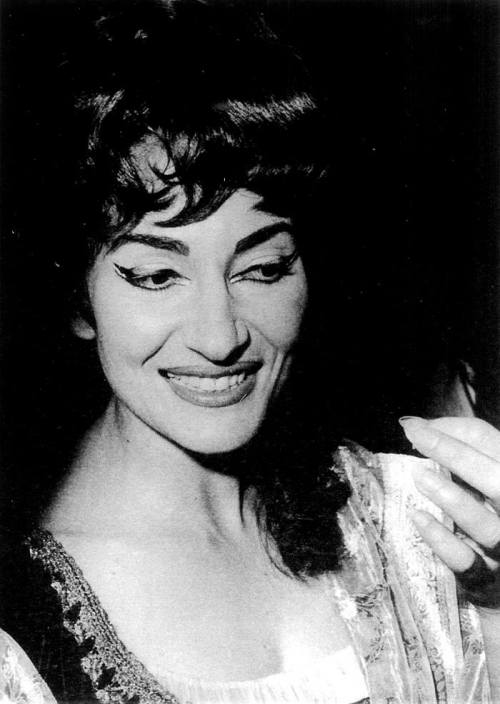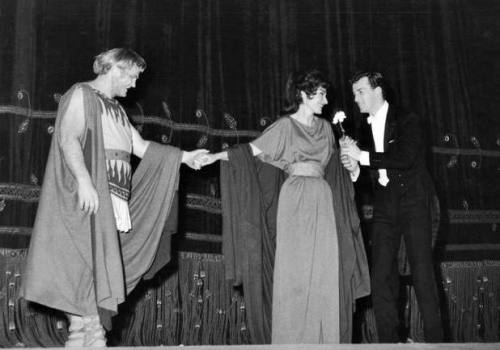#soprano
Just a reminder: Your bad days only hold as much weight as your good days. By the same token, your good days hold just as much weight as your bad days. Neither one defines you as more or less of a musician. The fact that you had a bad day does NOT make you a bad musician.
Anonymous asked: I enjoy reading your essays on music and especially your very learned takes on opera. Maria Callas remains a favorite of mine. I was talking to my partner who professionally plays in an orchestra and he opined that for him Maria Callas ruined her voice by singing coloratura roles that were outside her natural range; things like Gilda and Butterfly. What is your take?
Both fragile and yet seemingly unshakeable on stage, Maria Callas is unquestionably an operatic diva and legend of the 20th century. Love it or hate it, her voice leaves no listener indifferent.
I have been pondering on your question for over a couple of months now to see if there is any truth to what your musician partner believed. So I went back to listen to what Callas collection I have (it’s a lot) and even watched some clips of her performances. I even talked it over with some musician friends of mine who are more knowledgeable about these sort of things than I could hope to be. But I still made up my own mind after debating things over with them.

In truth, I came away in two minds. I think, with respect, your musician partner is half-right.
Maria Callas did do damage to her voice, but that’s not how. If your technique is good enough, you can sing anything that doesn’t require you to “force.” A relaxed vocal production with ample breath support is good. “Forcing” is bad. (This is precisely analagous to any other physical activity. Certain kinds of straining hurt the muscles.) There is no “forcing” from Callas in the upper register in performances of these coloratura roles. Indeed it was on the other end of her range that she did damage to her voice.
Callas had a nearly flawless vocal technique including considerable power and agility throughout a wide range, and in the very earliest recordings live or studio (e.g., the 1949 Cetra Liebestod and “Casta diva”) there is scarcely a trace of the pronounced wobble that gradually took over in the upper register.
Unfortunately, she did damage to her instrument by abusing what is referred to as “chest voice,” the use of forcing in the lower register for expressive effect that makes a soprano sound not unlike a baritone. Listen to Callas singing “Suicidio!” in the early Cetra Gioconda. You will notice that she uses “chest voice” whenever she descends to the lower register, and that she carries the use of chest register fairly high up at the end of the aria. You can all put feel her tearing up her instrument with the final “dentro l'avel.” She really bores into the final sustained syllable of the aria forcing for all she’s worth. Had she done this more sparingly like many another singer of Italian opera, no harm would have been done. But Callas was addicted to this effect.

It is often said that singers damage their voices by singing roles too heavy for them, and this is true. What makes a role too heavy? A role that is too heavy is a role that requires you to force. Callas had a large voice and a superlative technique. She didn’t ever need to force. Had she not abused her voice by making excessive use of “chest voice,” the wobble would not have become a problem and her career would have lasted much longer.
Needless to say, other factors contributed to the state of Callas’ physical health: growing older, emotional stress, the diet she went on in the 50’s (which may or may not have involved swallowing a tape worm), etc. etc. etc. But the immediate and principal cause of Callas’s vocal problems was something she did with her voice, despite all the mythology.

Thanks for your question.
Beautiful soprano, mezzo-soprano, LA DIVINA ✨ Maria Callas _____________________________________ #soprano #ladivina #mezzosoprano #mariacallas #voice #aesthetic #castadiva #brokenheart #loveandillness #illness #never #love #aria #song #jewelry #earrings #pearl #portrait #arts #dream #dreamer #newyork #paris #loveyourself #greek #history #young #couture #glam #adore
https://www.instagram.com/p/CTwZVOvgccC/?utm_medium=tumblr
Post link
Karita Mattila as Ariadne auf Naxos, Richard Strauss (Royal Opera House, Junio 2014. Foto Catherine Ashmore)
Post link
1. Thomas Allen as Lescaut Kiri Te Kanawa as Manon in The Royal Opera’s Manon Lescaut, 1993
2. Kiri Te Kanawa as the Marschallin in The Royal Opera’s Der Rosenkavalier, 1984
3. Kiri Te Kanawa as Manon in Manon Lescaut, 1983
4. Kiri Te Kanawa as Manon and Placido Domingo as Des Grieux in Manon Lescaut, 1983
5. Kiri Te Kanawa as Donna Elvira in Don Giovanni, 1981
6. Stuart Burrows as Alfredo and Kiri Te Kanawa as Violetta in The Royal Opera’s La traviata, 1979
7. Kiri Te Kanawa as Tatyana and Gillian Knight as Olga in The Royal Opera’s Eugene Onegin, 1976
8. Luciano Pavarotti as Rodolfo and Kiri Te Kanawa as Mimi in The Royal Opera’s La bohème, 1976
Post link
We did it!!!! What a lovely concert it was! So glad that everything went well Thank you all for coming! I hope we can do this again next year! @kyrialucis pls tag Gabriel .
-
#classicalsingers #operasingers #soprano #recital #verdi #puccini (at Goethe-Institut Thailand)
https://www.instagram.com/p/B6Lg3eIJciA/?igshid=f52rsia12azk
Post link
MOZART’S “QUEEN OF THE NIGHT”
Following yesterday’s Lacrimosa I thought of posting a different sound culled from the treasure chest of Mozart’s genius. Here’s Diana Damrau singing Mozart’s “Queen of the Night” aria from his opera The Magic Flute.
As one of the comments attached to the video says: “I don’t know which is more amazing, that a human being could conceive of and write this, or that any other human being could perform it.”
if you’re wondering what she is saying, here are the here are the lyrics in German:
Der Hölle Rache kocht in meinem Herzen,
Tod und Verzweiflung flammet um mich her!
Fühlt nicht durch dich Sarastro
Todesschmerzen,
So bist du meine Tochter nimmermehr.
Verstossen sei auf ewig,
Verlassen sei auf ewig,
Zertrümmert sei'n auf ewig
Alle Bande der Natur
Wenn nicht durch dich!
Sarastro wird erblassen!
Hört, Rachegötter,
Hört der Mutter Schwur!
And here they are in English:
The vengeance of Hell boils in my heart,
Death and despair flame about me!
If Sarastro does not through you feel
The pain of death,
Then you will be my daughter nevermore.
Disowned may you be forever,
Abandoned may you be forever,
Destroyed be forever
All the bonds of nature,
If not through you
Sarastro becomes pale!
Hear, Gods of Revenge,
Hear a mother’s oath!
To give some context to her anger, the aria comes at a moment in the opera when the Queen’s power and position is threatened by the sorcerer Sarastro, whose brotherhood her daughter Pamina is thinking about joining.

